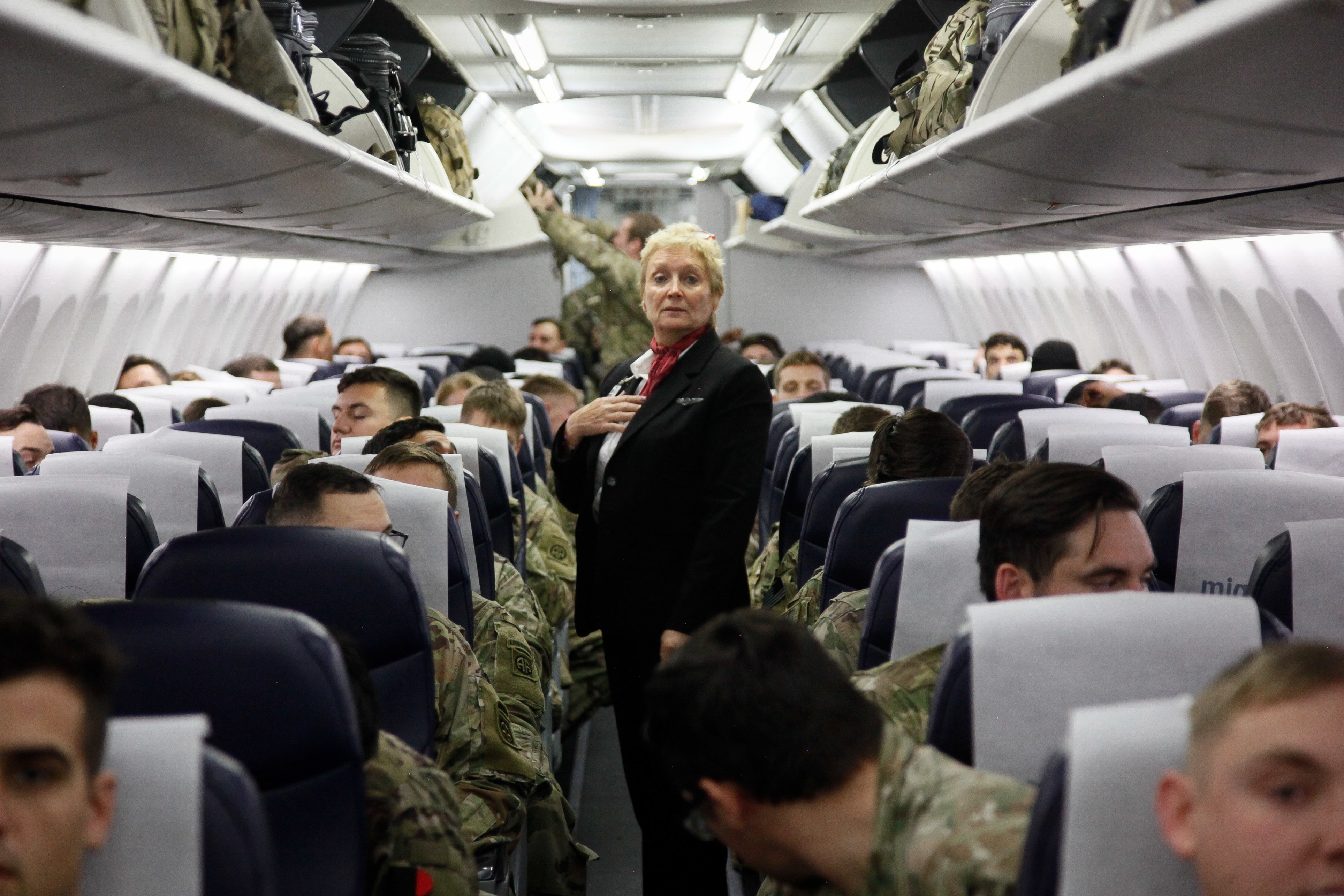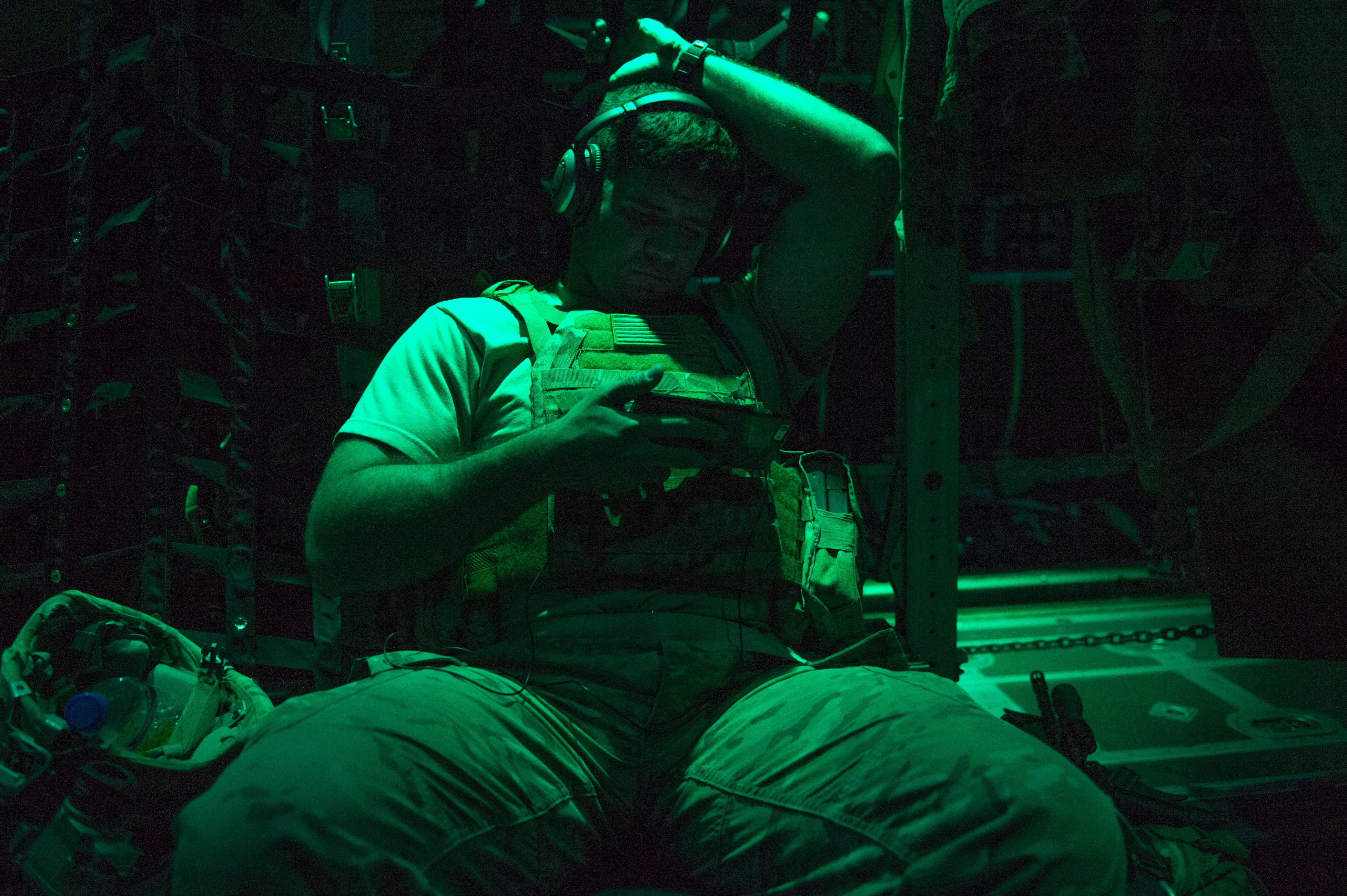If the Army’s top IT officials have their way, soldiers will soon be able to bring their own approved devices to use at work “on an enduring basis.”
Army chief information officer Dr. Raj Iyer told reporters Tuesday that a short pilot program led by the National Guard earlier this year “came back with flying colors” and passed key security tests. He indicated that the pilot is focused on enabling access “to email and other collaboration tools.”
“We honestly believe that [BYOD] is going to be a game-changer,” said Iyer. “This is an area where the Army is going to prioritize the Reserve and National Guard components...and [then] establish a broader implementation across the Army. We’re feeling we can do that...here in [fiscal] 2022.”
The pilot comes following the successful run of the Defense Department’s commercial virtual remote environment at the beginning of the COVID-19 pandemic, which allowed all DoD personnel to access official information from anywhere on their personal devices.
RELATED

“We saw tremendous operational benefit from folks being able to bring their own devices,” said Lt. Gen. John Morrison Jr., the service’s G-6 deputy chief of staff. “In all candor, we also see some fiscal opportunity, as well.”
But much of Commercial Virtual Remote’s success was tied to its lack of access controls — troops didn’t even need to use their Common Access Cards to login. Iyer and other senior IT officials have previously stressed that flexibility likely won’t ever come back due to security concerns.
It’s also not yet clear how the Army will square increased security measures from its Army 365 collaboration platform, which replaced CVR, with the BYOD effort.
“It’s all about improving the user experience while balancing that with the security measures that we need in place,” cautioned Morrison.
Currently, Army 365 users can only download files on government devices, leaving many National Guard and Reserve troops unable to perform basic administrative tasks like digitally signing documents outside of drill weekend. That raises questions about what level of function BYOD users would actually have.
Soldiers may also have privacy concerns about the BYOD initiative, which, if the service follows the Air Force’s lead, may require them to install military management software on their phone and potentially even temporarily hand it over in the case of an investigation. For those reasons, the Air Force reportedly plans to keep its BYOD policies purely voluntary.
The Army has also tried — and failed — to embrace BYOD policies before.
The service experimented with BYOD policies in the early 2010s, but the effort ultimately did not reach full implementation due to concerns with information security and poor password practices from end users.
Iyer says this time will likely be different, though.
“Technology has changed a lot in the last 10 years, and the cost of implementing [BYOD] especially through the cloud is much more affordable today,” he noted. “The newer technologies are also much more secure [than prior efforts].”
Davis Winkie covers the Army for Military Times. He studied history at Vanderbilt and UNC-Chapel Hill, and served five years in the Army Guard. His investigations earned the Society of Professional Journalists' 2023 Sunshine Award and consecutive Military Reporters and Editors honors, among others. Davis was also a 2022 Livingston Awards finalist.




